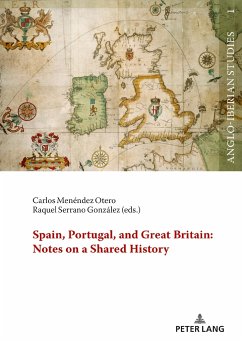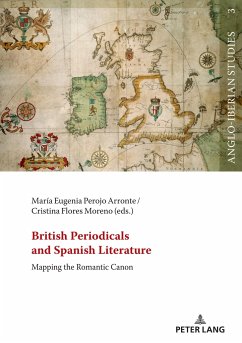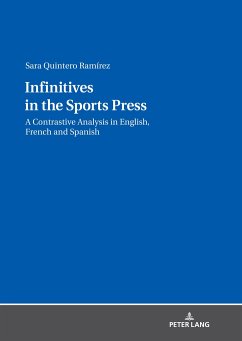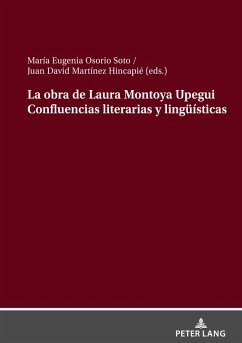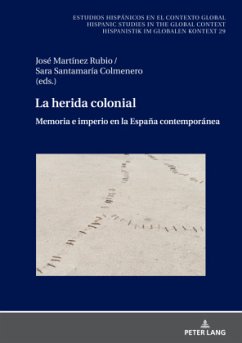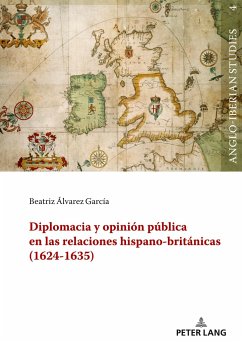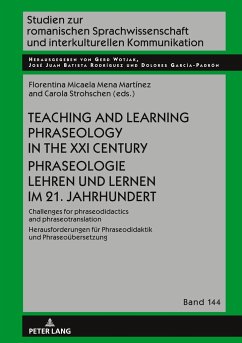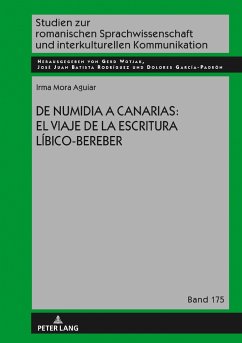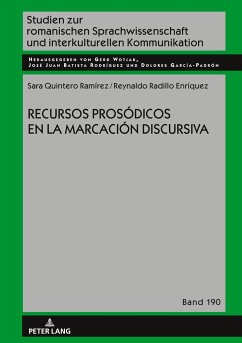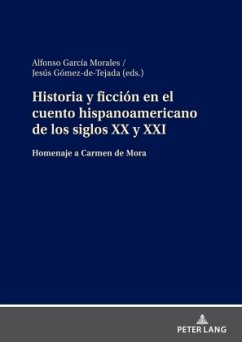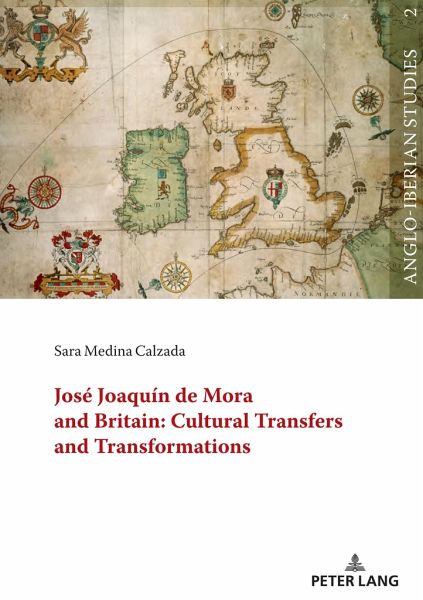
José Joaquín de Mora and Britain: Cultural Transfers and Transformations
Versandkostenfrei!
Versandfertig in 6-10 Tagen
54,00 €
inkl. MwSt.

PAYBACK Punkte
0 °P sammeln!
This book explores the connections that José Joaquín de Mora (1783-1864)established with Britain, where he was exiled from 1823 to 1826 and was toreturn as diplomat in the following decades. His admiration for the Britishmaterialised in a series of cultural transfers aimed at the promotion and diffusionof British culture in Spain and Spanish America. He contributed to thepopularization of Bentham's utilitarianism, the principles of British classicaleconomy, and the philosophy of the Scottish School of Common Sense; hetranslated texts by Scott and Shakespeare and wrote an unfinished versionof...
This book explores the connections that José Joaquín de Mora (1783-1864)
established with Britain, where he was exiled from 1823 to 1826 and was to
return as diplomat in the following decades. His admiration for the British
materialised in a series of cultural transfers aimed at the promotion and diffusion
of British culture in Spain and Spanish America. He contributed to the
popularization of Bentham's utilitarianism, the principles of British classical
economy, and the philosophy of the Scottish School of Common Sense; he
translated texts by Scott and Shakespeare and wrote an unfinished version
of Byron's Don Juan; and, above all, he presented Britain as a model for the
political, economic, and literary regeneration of the Hispanic world.
established with Britain, where he was exiled from 1823 to 1826 and was to
return as diplomat in the following decades. His admiration for the British
materialised in a series of cultural transfers aimed at the promotion and diffusion
of British culture in Spain and Spanish America. He contributed to the
popularization of Bentham's utilitarianism, the principles of British classical
economy, and the philosophy of the Scottish School of Common Sense; he
translated texts by Scott and Shakespeare and wrote an unfinished version
of Byron's Don Juan; and, above all, he presented Britain as a model for the
political, economic, and literary regeneration of the Hispanic world.





